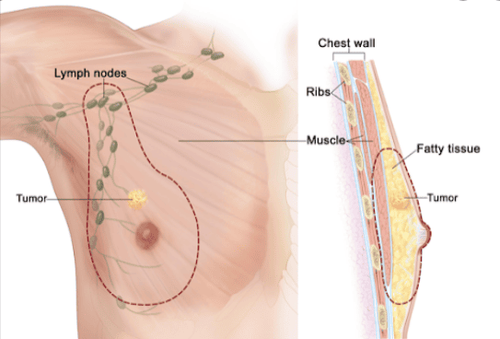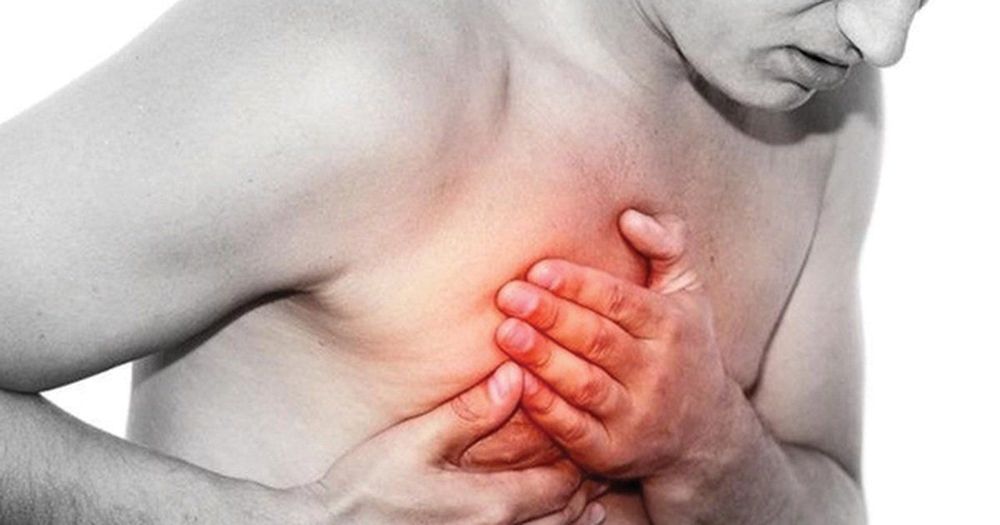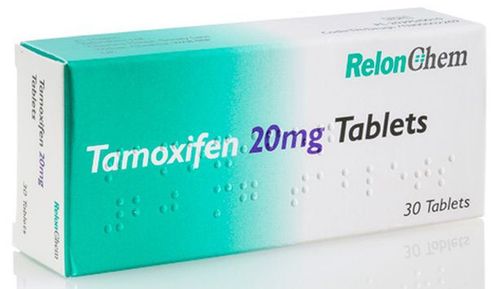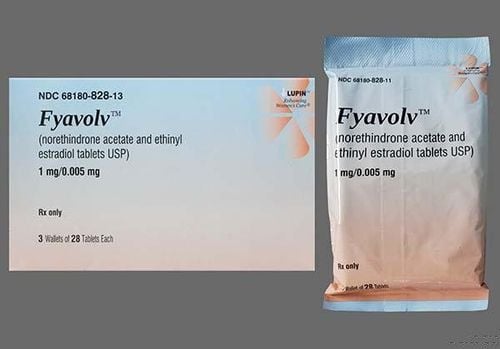This is an automatically translated article.
Although breast cancer is a disease that usually affects women, men can also get it. Because breast cancer in men is so rare, little is known about treatment for men diagnosed with the disease. Therefore, experts say, there is a need for more treatment options for male patients with breast cancer. In particular, they need access to genetic counseling.1. Male breast cancer
Breast cancer is a common cancer in women, however, men can also get it. Because male breast cancer is so rare, little is known about the treatment for men diagnosed with the disease.Tatiana M. Prowell, MD, breast cancer science liaison at the U.S. Food and Drug Administration (FDA) says: In the absence of better information to guide, physicians tends to treat men with breast cancer the same way it treats women.
In fact, men were once excluded from breast cancer trials. In the last few years, experts have begun to ask drug companies to allow men to do clinical trials, unless there is a valid scientific reason to exclude them. Feedback from companies, researchers and patients has been overwhelmingly positive.
Awareness of breast cancer is increasing and now, most breast cancer trials are being conducted for both men. Men have been able to access treatments studied in clinical trials and contribute to scientific advances and knowledge for people suffering from the disease.
Trắc nghiệm: Những lầm tưởng và sự thật về ung thư vú
Ung thư vú có tỷ lệ tử vong cao nhất ở nữ giới khiến họ rất lo sợ bản thân mắc phải căn bệnh này. Tuy nhiên, không ít chị em có những hiểu biết thái quá về ung thư vú. Thử sức cùng bài trắc nghiệm sau sẽ giúp bạn loại bỏ được những nghi ngờ không đúng về căn bệnh này.
Bài dịch từ: webmd.com
2. Symptoms of breast cancer in men
Each year, about 2,000 cases of male breast cancer are diagnosed in the United States, resulting in about 500 deaths, according to the National Cancer Institute. Although it can strike at any age, breast cancer is most often diagnosed in men between 60 and 70 years of age.Why does it take so long to recognize the signs of breast cancer in men? One reason for the late and often late-stage diagnosis may be that men and their doctors do not think they are at risk for breast cancer. You would think that, since men have smaller breasts, they would be diagnosed earlier than women. However, in many men, the diagnosis is actually delayed because patients and their doctors do not consider a lump in the male breast to be cancerous.
Most men with breast cancer have painless lumps that they can feel. The lumps can develop anywhere on the breast and are usually below their nipples and areola. Because men don't get regular mammograms, their breast cancer can be discovered after a local trauma, such as a fall or minor trauma to the chest wall, causes them to feel pain in the breast.
According to experts, men often assume that a lump in the breast is caused by some trauma. The tumor was there before, but they didn't notice it until it hurt after they got hit in the chest.

3. Risk factors for breast cancer in men
Men and women share some similar risk factors for breast cancer:High levels of estrogen exposure. Family history of the disease. History of radiation to the chest. Although all men have estrogen in their bodies, it usually stays low. However, other factors such as obesity, cirrhosis (liver disease) and Klinefelter syndrome (a genetic disorder) can increase estrogen levels in the male body. All are risk factors for male breast cancer.
If a close relative such as a father, mother, brother, sister, or child has breast cancer, then men are also at a slightly higher risk of developing the disease. Men with a BRCA mutation, a mutation or change in a gene that can lead to breast cancer, have a higher risk of developing the disease.
Although men's chances of developing breast cancer are still low, only about 5% to 6%, men with a BRCA2 gene mutation are 100 times more likely to develop breast cancer than normal men. .
4. Men's Breast Cancer Treatment
Treatment options for men with breast cancer are similar to those for women, including:Mastectomy , or in some cases removal of the tumor. Radiotherapy . Valence . Targeted therapy. Hormone therapy: Hormonal drug treatments include: Aromatase inhibitors or tamoxifen. Reduces estrogen levels in the blood. Prevents blood estrogen from interacting with estrogen receptors on breast cancer cells. For men with larger tumors or tumors that have spread outside the breast, chemotherapy is often recommended along with hormonal treatment, as it is for women. Men who have HER2-positive tumors or have certain changes (mutations) in them are recommended to be treated with drugs that work against those targets, just like women.
FDA recently published a draft guideline on Male Breast Cancer that includes:
Drug Development for Treatment, helping to facilitate drug development for men with breast cancer. The draft guidelines recommend inclusion of men in clinical trials of breast cancer drugs, unless there is a scientific reason to exclude them.

5. Genetic counseling is a must for men with breast cancer
First, we need to understand genetic counseling gives you information about how genetic conditions may affect you or your family. A genetic counselor or health care professional will collect your personal and family health history. They can use this information to determine how likely you or your family member is to have a genetic disease. Based on this information, a genetic counselor can help you decide if genetic testing might be right for you or your loved one.Health professionals recommend that all men with breast cancer receive genetic counseling. This is a difference from women, who are not referred to a genetic counselor for genetic testing, such as a mutation in BRCA1 or BRCA2.
In fact, even between men there are differences. African-American men are more likely to have late-stage tumors when diagnosed and develop triple-negative cancer. Their tumor types were more likely to recur and had fewer treatment options.
You should tell your doctor if any men in your family have breast cancer. Even if your deceased grandfather had breast cancer, there is a risk. Because male breast cancer is so rare, seeing even one man in the family line up raise concerns about hereditary breast cancer.
Breast cancer is a common disease in women, so people think that this is a disease only in women, and men do not have this disease. But the fact is that men can also get this disease and they are often diagnosed late due to subjective reasons. Once diagnosed, men need genetic counseling, to check if there is a genetic predisposition to their breast cancer. Through this, the doctor can determine the risk of disease of other family members.
At Vinmec International General Hospital, there is a Breast Cancer Screening Package, which helps customers screen and detect breast cancer early even when there are no symptoms. When registering for the Breast Cancer Screening Package, customers will receive:
Examination and consultation with an oncologist. Breast cancer screening by bilateral breast ultrasound and mammogram. Officially put into operation on January 7, 2012, Vinmec has become a prestigious address in breast cancer screening with:
Team of highly qualified and experienced doctors. Comprehensive professional cooperation with domestic and international hospitals: Singapore, Japan, USA,... Comprehensive patient care and treatment, multi-specialty coordination towards individualizing each patient. Having a full range of specialized facilities for diagnosis and staging before treatment: Endoscopy, CT scan, PET-CT scan, MRI, histopathological diagnosis, gene-cell testing, .. There are a full range of mainstream cancer treatment methods: Surgery, radiation therapy, chemotherapy, stem cell transplantation,...
Please dial HOTLINE for more information or register for an appointment HERE. Download MyVinmec app to make appointments faster and to manage your bookings easily.
References: fda.gov, cdc.gov












